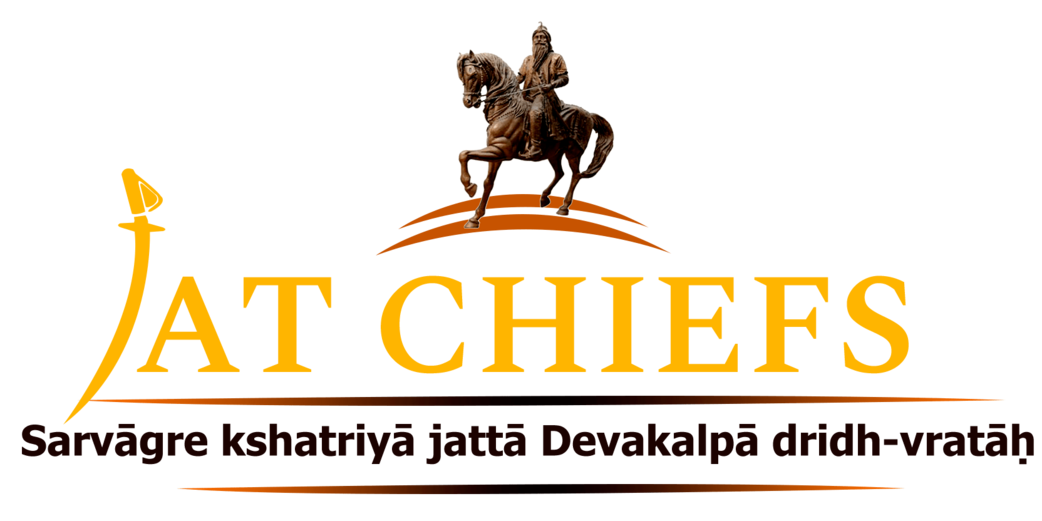Sardar Bahadur Dava Singh of Mansurwal, was born into Shergill Jat family, when he was young he entered the service of the Maharaja Ranjit Singh of Lahore in 1816, at a very early age. He went to Kashmir with his father, and when the latter retired across the Satlaj, he received the command of two hundred and fifty of his sowars, and the charge of the Ilaka of Durpana. After a year and a half he was placed under the orders of Sardar Lahna Singh Majithia, who made him commandant of the regiment of his brother Gujar Singh, the black sheep of the Majithia family. In 1834 he accompanied the young Sardar to Calcutta on a mission half complimentary, half political. On his return he was transferred to the Dhonkalvvala regiment as commandant. He did not, however, join his new corps, but remained with Sardar Lahna Singh. In 1842 he was transferred to the Gurkha regiment, with which he did service in Hazara. Under the Darbar he was posted at Dera Ismail Khan in command of the Surajmukhi regiment, and when the outbreak at Multan took place, he proceeded with his regiment to join Edwardes and Van Cortlandt, with whom he served throughout the campaign. He was present at the battle of Kaneri, on the 18th June, 1848 ; the battle of Sadosam on the ist July, and during the first siege of Multan. When the Katarmukhi regiment was disaffected and ready to join the rebels, Dava Singh was transferred to it that he might repress its disposition to mutiny, and improve its discipline. After the fall of Multan, he marched with his regiment to Isakhel, and had there several skirmishes with the Waziris, in which he showed his known courage and energy.
When the Panjab Military Police was formed in 1853, Dava Singh was selected to raise and command the 7th Police Battalion at Amritsar. After the native corps had been disarmed at Amritsar, on the outbreak of the mutinies of 1857, this battalion was the only armed force at that important station, to watch the two disarmed regiments of Hindustanis; to preserve order in the city; to guard the treasury, and to uphold the Civil authority ; and that this work was so well and successfully performed must be in a great measure attributed to the energy, ability and unswerving loyalty of Dava Singh. He also rendered great assistance in raising levies for service at Dehli, and during 1857-58 a very large number of recruits were enlisted and sent down country by him. For his services, Dava Singh was granted the Star of British India with the title of Sardar Bahadur, and a personal allowance of Rs. 1,200 a year.
On the re-organisation of the Panjab Police, and the disbandment of the old force, on the ist January, 1861, Dava Singh retired after a long and honorable military career. He received a special pension of Rs. 3,000 per annum, and a grant of six hundred acres of waste land, the proprietary rights in which his family will hold in perpetuity. He died in 1872.
- Chiefs and families of note in the Delhi, Jalandhar, Peshawar and Derajat divisions of the Panjab by Massy, Charles Francis, 1845


